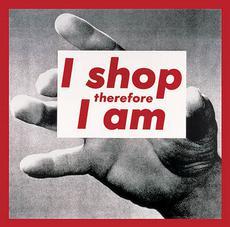
This morning I walked past a shop selling the kind of clothes that I like. A sign in the window was advertising a 50 per cent off sale. I was tempted. In fact, if the window display had featured something that caught my eye, I may have gone straight in.
But the fact that it didn’t meant I paused, and thought better of it. I don’t need any new clothes. In fact, my husband has (half-jokingly) instigated a one-in one-out rule, and as I did a wardrobe clear-out fairly recently, I don’t want to chuck anything else away.
It’s a good policy, though – and one that encourages reflection before you shop. Even so, these days I rarely impulse-buy, and I’ve thought about why that might be. The conclusion I’ve reached is that it’s because I have consistently kept a gratitude journal for some two years now.
I believe that valuing what I already have has made me less likely to go shopping on a whim. That, along with the fact that I rarely read magazines or watch television these days makes me less susceptible to the seduction of clever marketing.
Studies of human behaviour have consistently concluded that the accumulation of material goods is not the path to happiness but we are still influenced by advertising that tries to convince us we want more stuff.
We are referred to as “consumers” rather than individuals – a subtle way of priming us not only to buy more, but be more competitive, less generous and accept less responsibility. There’s much more about this here (an article by Ryan Howell PhD in Psychology Today).
Consumption used to have a very different meaning. It was the old word for tuberculosis, an illness that wastes away or consumes its victims. Modern-day consumption is perhaps equally dangerous, in that it wastes away our natural sense of wellbeing and compromises our values.
Think about that next time you think you “need” to go shopping.
Leave a Reply